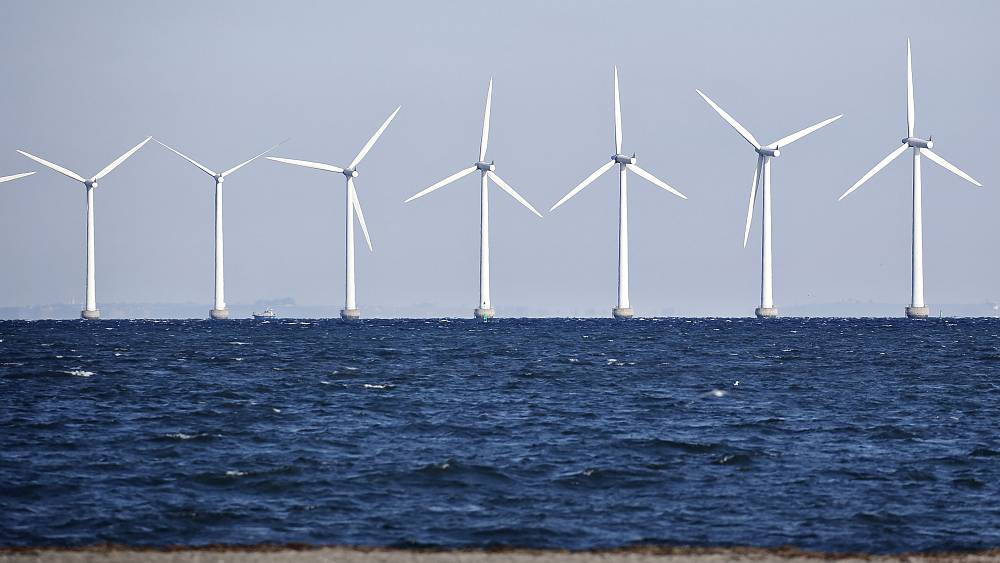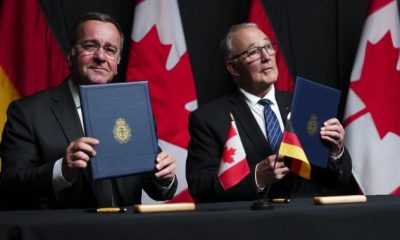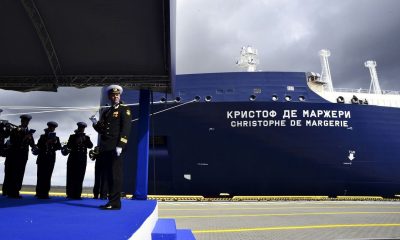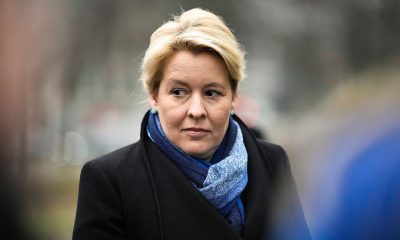General News
Denmark and Germany approve Baltic Sea wind hub to offset Russian gasoline

Denmark says it should enhance its deliberate offshore wind energy to assist Europe restrict its reliance on Russian gasoline.
The mission will hook up with the German grid and will have the ability to provide electrical energy to 4.5 million European properties in 2030.
A 470-kilometre undersea cable is predicted to run from the Danish island of Bornholm to northern Germany by the Baltic Sea.
German Economic system and Local weather Minister Robert Habeck described the proposal as a “flagship mission”.
“With such initiatives amongst European companions, we obtain two key objectives on the identical time; European power safety and local weather neutrality,” he added.
At the moment, Denmark and Germany have respective offshore wind power capacities of 1.5 gigawatts and 1 gigawatts.
However the brand new deal — introduced in Copenhagen on Monday — will enhance the Danish wind energy capability within the Baltic Sea to three gigawatts.
Denmark’s power minister Dan Jørgensen has mentioned that “worldwide cooperation is extra pressing than ever earlier than” to additional cut back greenhouse gasoline emissions and to make Europe unbiased from Russian gasoline and oil.”
On Friday, Germany’s international minister Annalena Baerbock mentioned wind from the Baltic Sea may produce “greater than twice the put in capability of all German coal-fired energy stations.”
Baltic Sea nations “must set the sails, work collectively and set course in the direction of making our area extra sustainable, extra resilient and safer,” Baerbock mentioned.
German Chancellor Olaf Scholz has remained dedicated to ending the nation’s greenhouse gasoline emissions by 2045, earlier than every other main industrialised nation.
To satisfy the objective, Scholz’s authorities has mentioned it should shut coal-fired energy crops that had been reactivated as a result of conflict in Ukraine, finish imports of Russian oil and coal this yr, and intention to cease utilizing Russian gasoline inside the subsequent two years.
Monday’s announcement comes a day earlier than an power summit in Copenhagen to debate methods “to make the Baltic Sea area freed from Russian power and on the identical time pave the way in which for a big inexperienced transition”.
























